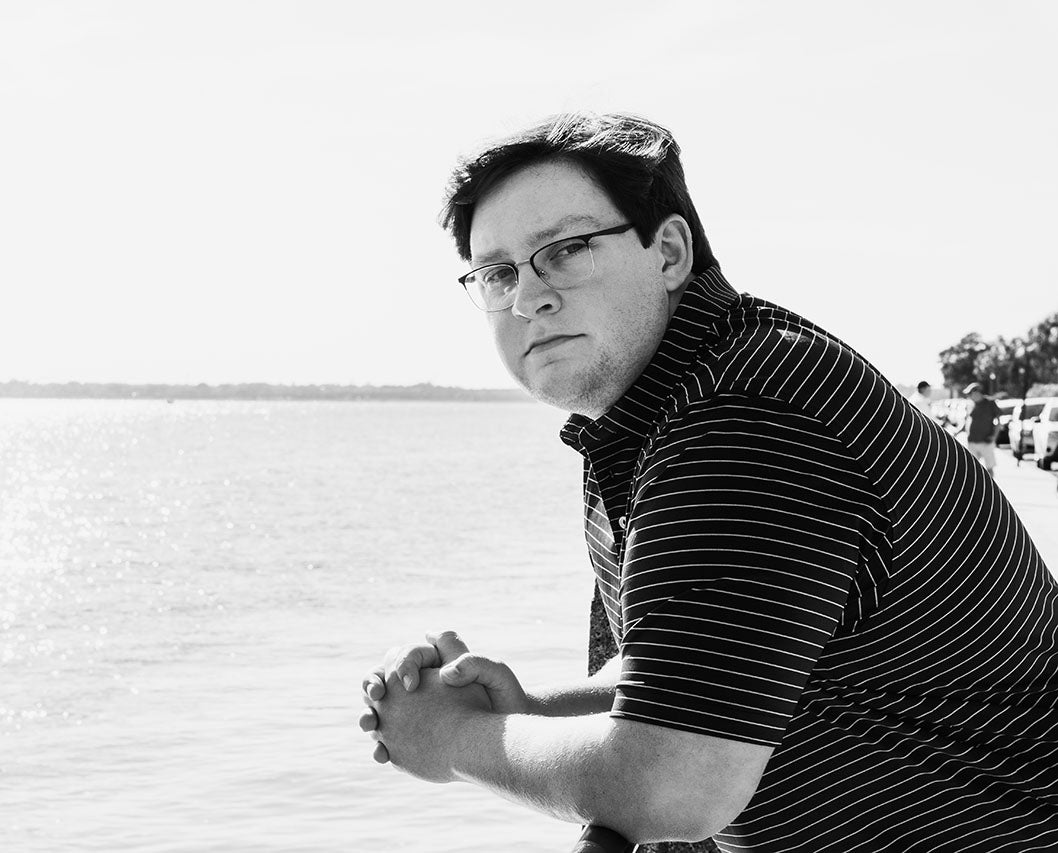Duncan Weller lost a friend to an overdose his freshman year of college. Shocked, he says he would have done anything to intervene had he known. Unfortunately, that was just the beginning. Over the next few years Weller lost several more friends and loved ones to overdose. These traumatizing events weighed heavily on him, leading him to wonder how many peers shared this experience and how he could help. (The U.S. is in the deadliest overdose epidemic ever, with a record 71,000 deaths last year.)
With assistance and guidance from professors Christy Kollath-Cattano (health and human performance) and Sarah Hatteberg (anthropology and sociology), Weller, a public health major with plans to attend medical school, decided to research the impact of experiencing an overdose on undergraduates.
With the support of a Summer Undergraduate Research with Faculty (SURF) grant, his project – titled “Encountering Overdose: An Analysis of College Students’ Overdose Experiences” – gathered data on the relationship between overdose and mental health outcomes such as depression and anxiety through an anonymous web-based survey of about 1,200 college students.
Forty-one percent of the students surveyed reported having at least one “overdose encounter.” Unsurprisingly, students were “frightened” and “horrified” by the experience. A majority of overdoses involved friends and family members, and many were caused by a combination of alcohol and drugs. While some effects of experiencing an overdose were constructive, as far as altering one’s own use of substances, the majority were negative. Students reported feeling guilty and stressed, and some reported dropping out of school.
Based on these findings, Weller says there are steps schools can take to provide support services such as additional counseling, substance abuse and rehab programs, and alcohol and drug awareness programs.
“During the SURF process, Duncan gained valuable experience reviewing literature, developing survey questions and analyzing quantitative and qualitative data,” says Hatteberg on behalf of the research team. “This research fills a gap in the academic literature on college students’s experience with overdose and provides recommendations to college campuses regarding support resources available to students struggling with substance abuse, addiction or proximate overdose encounters. Duncan’s commitment to the research process, his leadership skills and his concern for public health will make him an exceptional physician.”
Weller hopes to raise awareness about substance abuse and find ways to help those who are suffering in silence.
“The problem with overdoses isn’t just going to go away, but if we can be aware that it exists, we can help those who have experienced the traumatic situation and create a positive impact,” he says. “Most importantly, I want to remove the stigma of drug overdose and the emotional impact and help students understand that they are not alone. There are resources they can go to and use to get help.”
Photo by Mike Ledford




